When it comes to cooking in the professional kitchen, having the right tools is essential for culinary success. An aluminum wok is a versatile and valuable piece of cookware that can withstand high temperatures and provide excellent heat distribution. However, many home cooks might be unsure about how to season an aluminum wok properly. Seasoning your wok not only enhances its performance but also helps in creating a non-stick cooking surface for delicious stir-fries and other dishes.
In this detailed guide, we'll take you through the essential steps of seasoning your aluminum wok, ensuring it becomes a well-loved and often-used tool in your kitchen. From prepping the wok to maintaining its seasoning, we'll cover it all. So, sharpen your knives, gather your ingredients, and lets get started!

Understanding the Importance of Seasoning
Before diving into the process, let's briefly discuss why seasoning is so important. Seasoning a wok develops a natural non-stick coating and enhances the flavor of the dishes you prepare. Unlike Teflon-coated pans, seasoned aluminum woks provide a more genuine taste, allowing for the unique flavors of your ingredients to shine through.
Furthermore, the seasoning process protects your wok from rust and corrosion, prolonging its lifespan. For kitchen professionals, mastering the skill of properly seasoning an aluminum wok is essential for promoting both hygiene and equipment longevity.
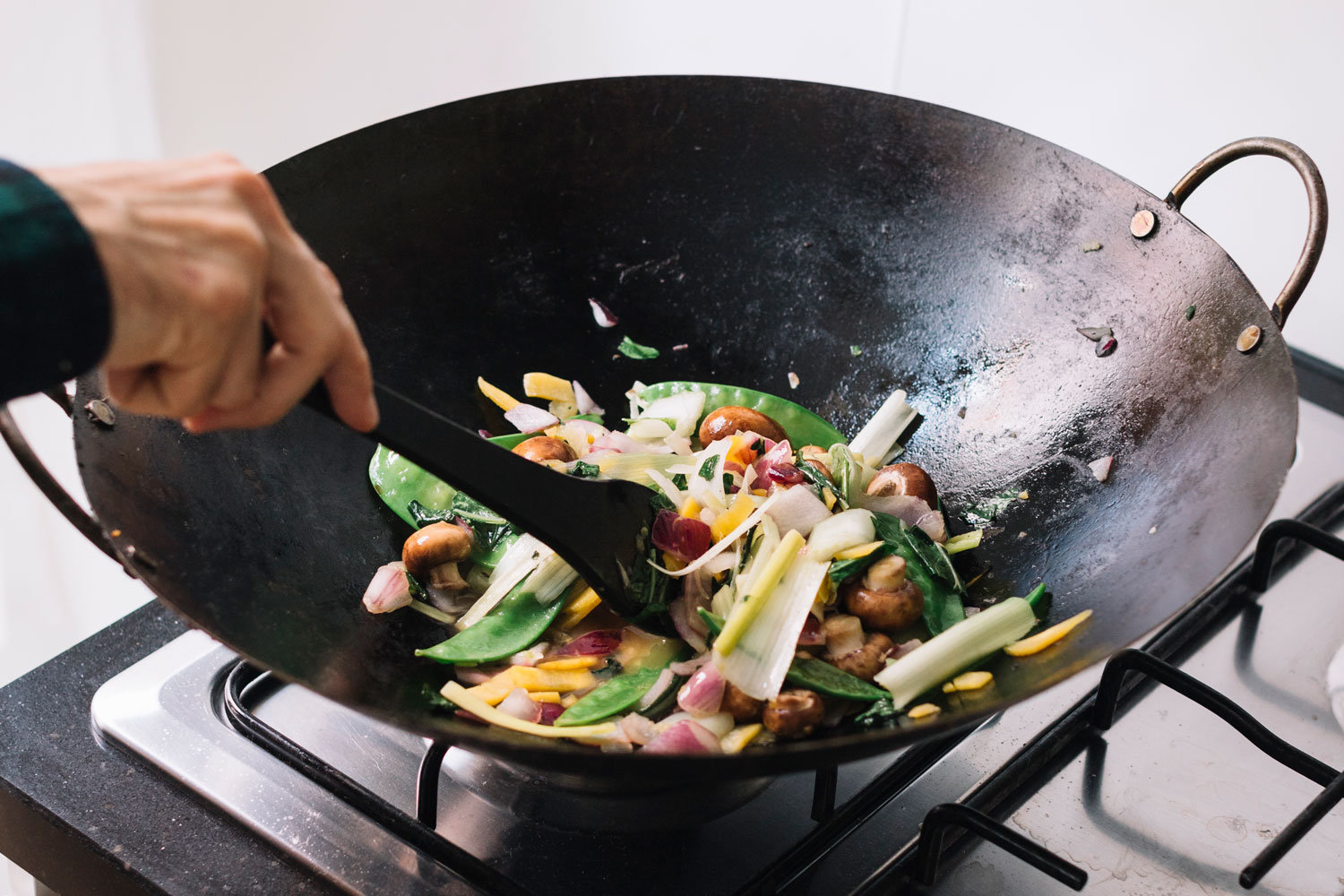
Steps to Season an Aluminum Wok
1. Cleaning the Wok
The first step to seasoning your aluminum wok is to thoroughly clean it. New woks may often have a layer of factory grease or other residues that must be removed before seasoning.
- Use warm water with mild soap to wash the cookware.
- After scrubbing, rinse the wok under hot water to eliminate soap and grease residues.
- Dry it immediately with a clean cloth or paper towel to prevent moisture from causing rust.
2. Preparing the Surface
Once cleaned, it's crucial to prepare the wok for seasoning. The goal is to create a roughened surface that allows the oil to adhere properly.
- Utilize fine-grit sandpaper or a steel wool pad to gently scour the surface of the wok.
- Focus on the interior cooking surface and the sides.
- Wipe the wok clean with a damp cloth to remove any debris or dust from the sanding process.
3. Applying Oil
Choosing the right oil is crucial for effective seasoning. Oils with high smoke points are ideal; options include:
- Grapeseed oil
- Canola oil
- Peanut oil
Here's how to proceed:
- Pour a small amount of the chosen oil into the wok.
- Using a paper towel or cloth, spread the oil evenly over the surface, making sure to cover every part of the interior.
- Wipe away any excess oil to avoid pooling.
4. Heating the Wok
The next step involves heating the wok, which activates the seasoning process. Heres how to do it:
- Place the oiled wok on a burner set to medium-high heat.
- Heat the wok until it begins to smoke slightly. This process will take about 10-15 minutes.
- Allow the wok to cool completely before moving on to the next steps.
5. Repeating the Process
For best results, it is advisable to repeat the oil application and heating steps 2-3 times. This build-up of seasoning will enhance the surface and create an effective non-stick coating.
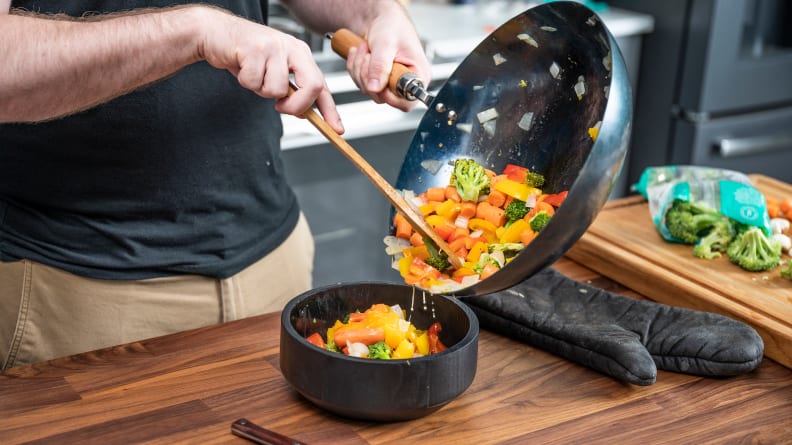
Maintaining Your Aluminum Wok
After you've successfully seasoned your aluminum wok, maintenance is key to ensuring its longevity and performance.
1. Cleaning After Use
To preserve the seasoning, avoid harsh detergents and abrasive sponges. Heres how to clean after cooking:
- Use hot water to lightly scrub the wok with a bamboo brush or a soft cloth.
- If there are any stuck-on food residues, consider soaking briefly before scrubbing.
- Never leave the wok submerged in water for extended periods to avoid rust.
2. Reapplying Oil
During cooking, it is important to apply a light layer of oil before each use. This will maintain the non-stick properties and ensure even cooking.
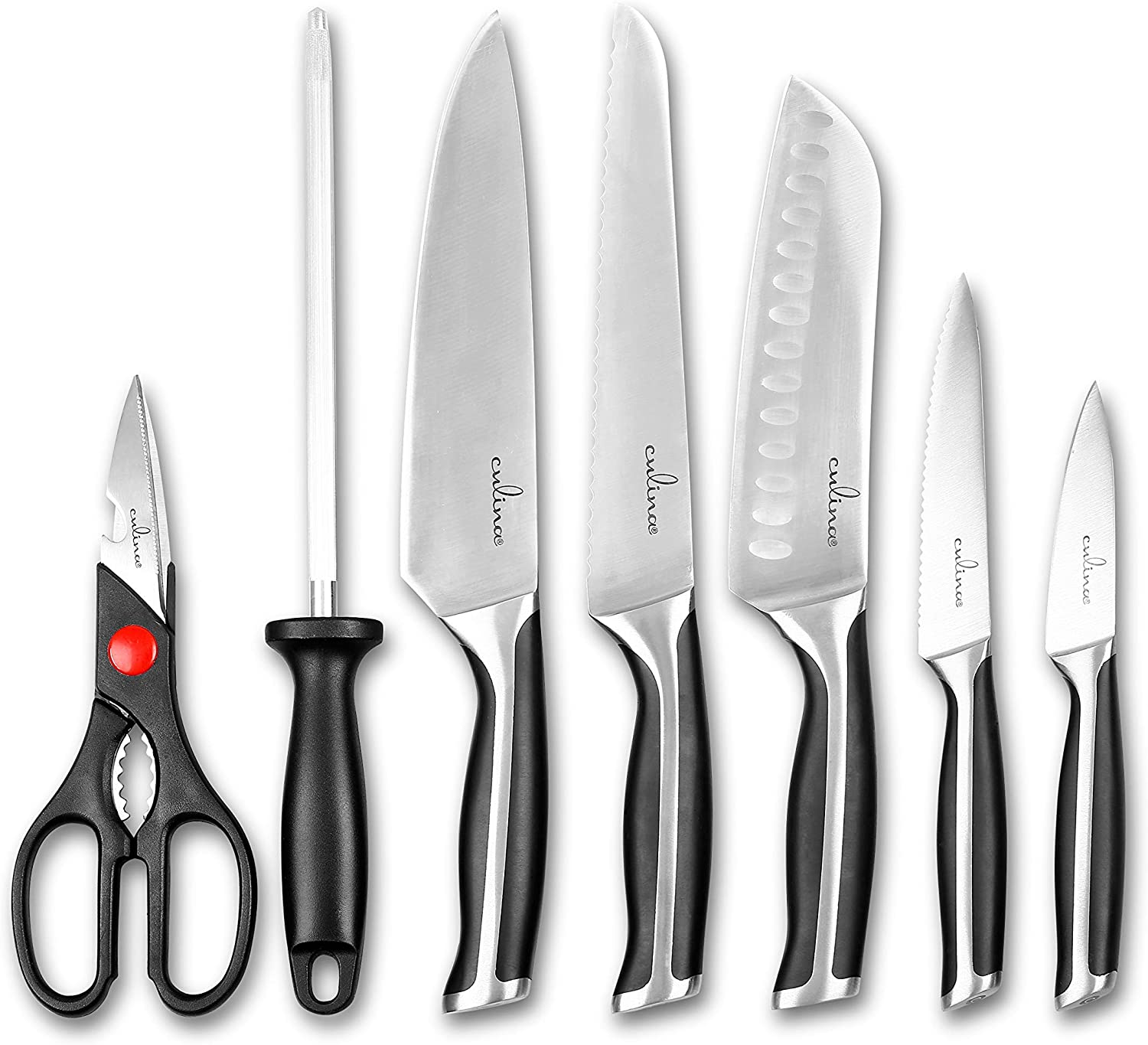
Common Mistakes to Avoid
In the world of seasoning woks, some practices can hinder the quality of your cooking equipment:
- Using soap to clean seasoned pans is a major no-no, as it can strip away the seasoning.
- Overheating the wok without oil can create a burnt surface.
- Not allowing the wok to cool completely before cleaning can warp the metal.
FAQ
1. Can I use any oil for seasoning my wok?
It is best to use oils with high smoke points, like peanut or canola oil, for effective seasoning.
2. How often should I season my wok?
Regular use of your wok may require seasoning every few months or whenever you notice food sticking excessively.
3. Is it normal for my aluminum wok to darken over time?
Yes, as you use and season your wok, it will naturally darken, which is a sign that the seasoning is developing.
By following these detailed steps, you can effectively master how to season an aluminum wok, ensuring you can create authentic and delicious dishes in your professional kitchen for years to come. Happy cooking!
For further reading, you might find useful tips in how to cover a wok, or learn how to make caramel popcorn using your newly seasoned wok.
For additional resources, check out this article on cooking with a wok.
As an Amazon Associate, I earn from qualifying purchases.



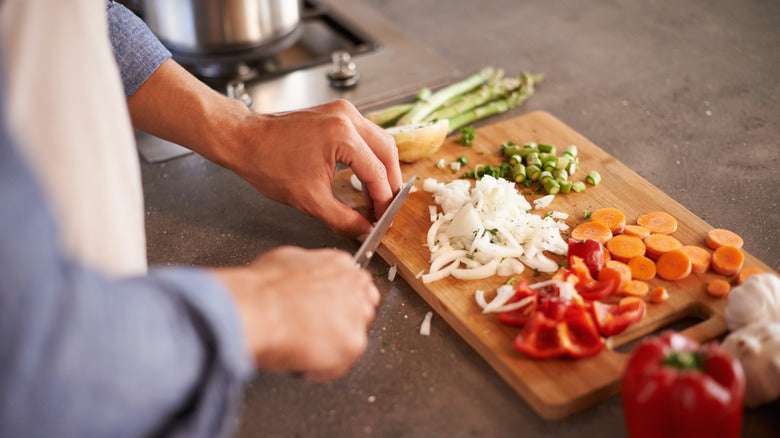
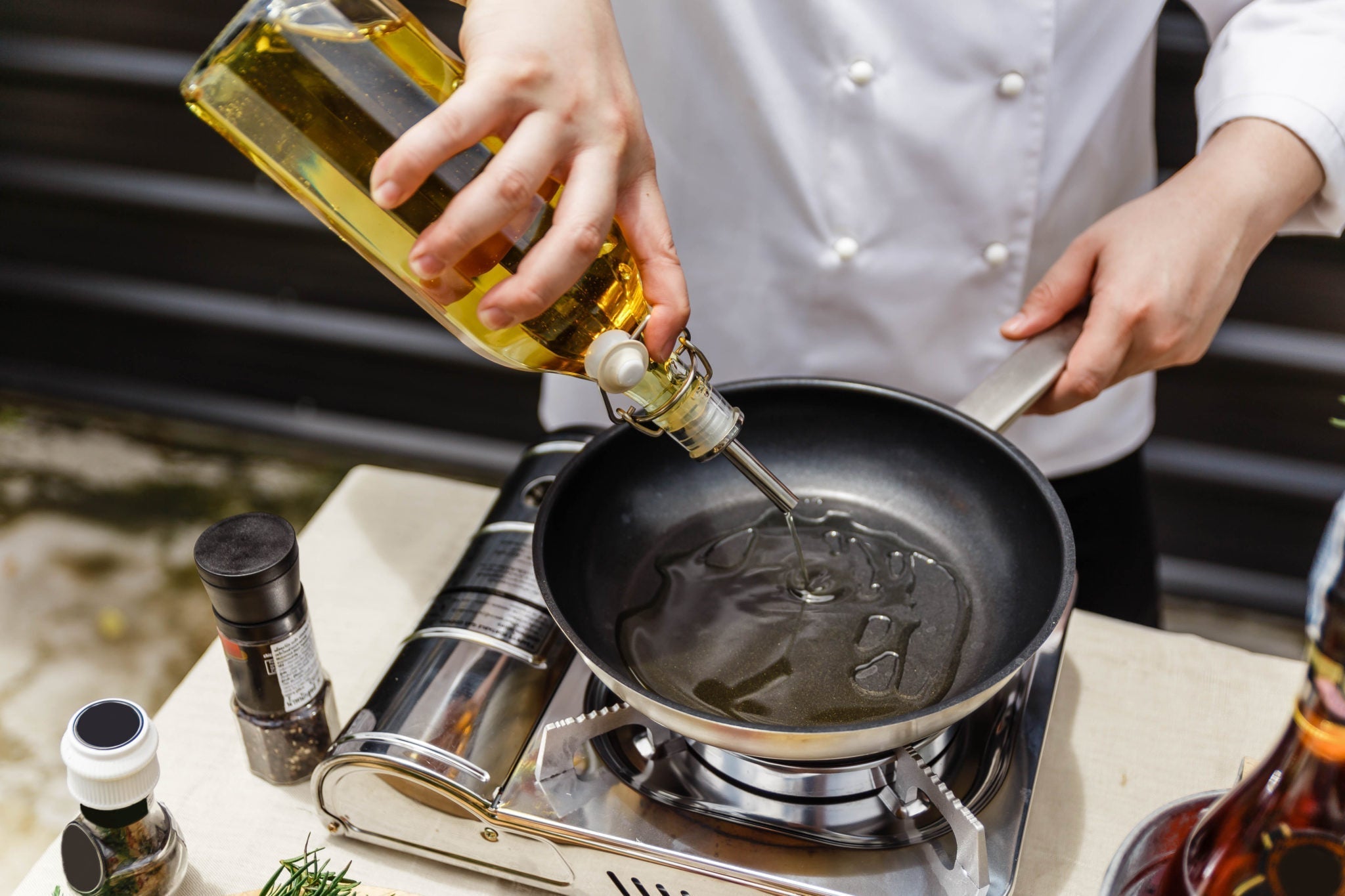
Leave a comment
This site is protected by hCaptcha and the hCaptcha Privacy Policy and Terms of Service apply.